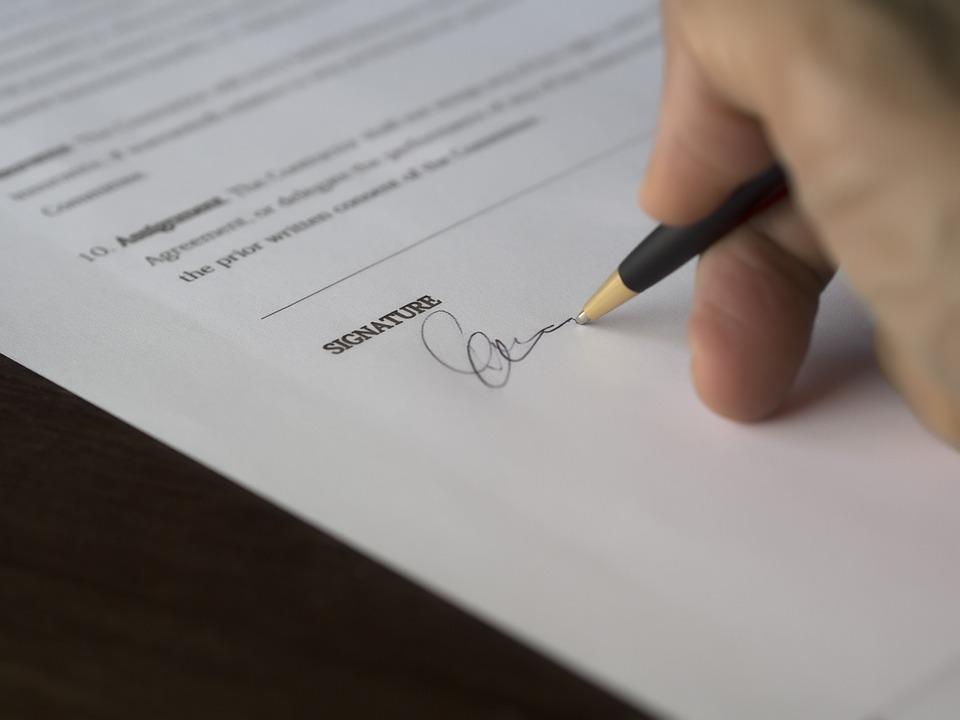A Non-Disclosure Agreement (NDA) is a legal contract signed between two individuals or businesses where both parties agree to keep the information identified as confidential, a secret, for a designated period of time as mentioned in the contract.
NDAs are crucial for businesses to keep their developing innovations and company data private. Keeping information such as trade secrets, list of clientele, designs for a new product etc. confidential can determine a business’s survival in certain cases. However, merely signing a contract is not enough as a poorly drafted NDA can be invalidated easily. It is important to make sure your agreement is clear, detailed and holds true under minute scrutiny.
Here’s a closer look at common NDA mistakes that businesses make:
1) Irrelevant Definition of Confidentiality
It may seem prudent to designate each and every piece of information that you discuss with the second party as confidential. But avoid doing so and limit the confidentiality clause to information which is relevant as well as necessary for your business. Mark the restricted information as ‘CONFIDENTIAL’ and the trade secrets as ‘TRADE SECRETS’ to clearly distinct the data that needs to be kept a secret. To make sure your NDA is drafted correctly, consult a contract lawyer.
2) Wrong Name of the Second Party
This may seem trivial but is actually is one of the most common NDA mistakes. Always check whether the name of the party mentioned in the contract is spelt correctly or not. If you are not sure about the spelling or have any doubts regarding the name of the client, confirm it with them beforehand.
In most cases, people tend to forget to add the word “limited” to the end of the company name. Such small mistakes can result in dire consequences in the future. To ensure the accuracy of the name, list down their trading name (business name) as well as their address.
3) Interference by a Third Party
In certain cases, the co-signee of the agreement receives information classified as confidential in the contract from an outside source or a third party. If the co-signee does not receive information from your source, then the data cannot be deemed confidential. In such cases, the second party cannot be expected to sign an NDA.
4) Signature by an Unauthorised Person
Another common mistake that invalidates your NDA is when the person signing the contract is not an authorised personnel from the second party. An NDA doesn’t hold any importance if it is not signed by the person validated by the other signee of the contract. In order to maintain the viability of your agreement, request an experienced lawyer to negotiate the contract between both the parties.
Keep these common NDA mistakes in mind while drafting your agreement. Consulting a contract lawyer not only makes sure your NDA is drafted correctly but is also enforced properly. Contact our law firm to learn more about these confidentiality contracts.

